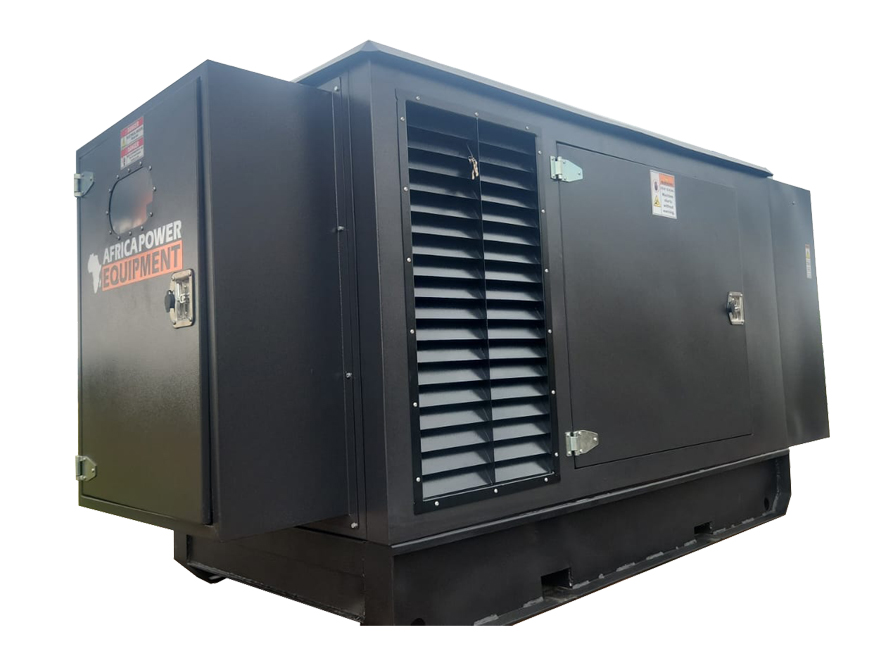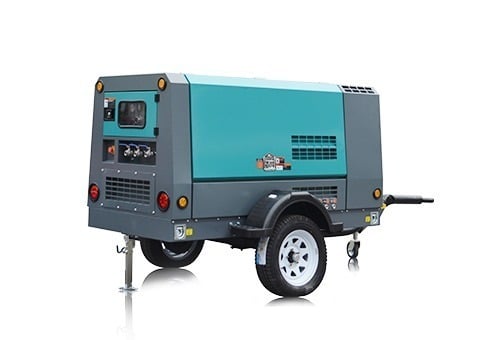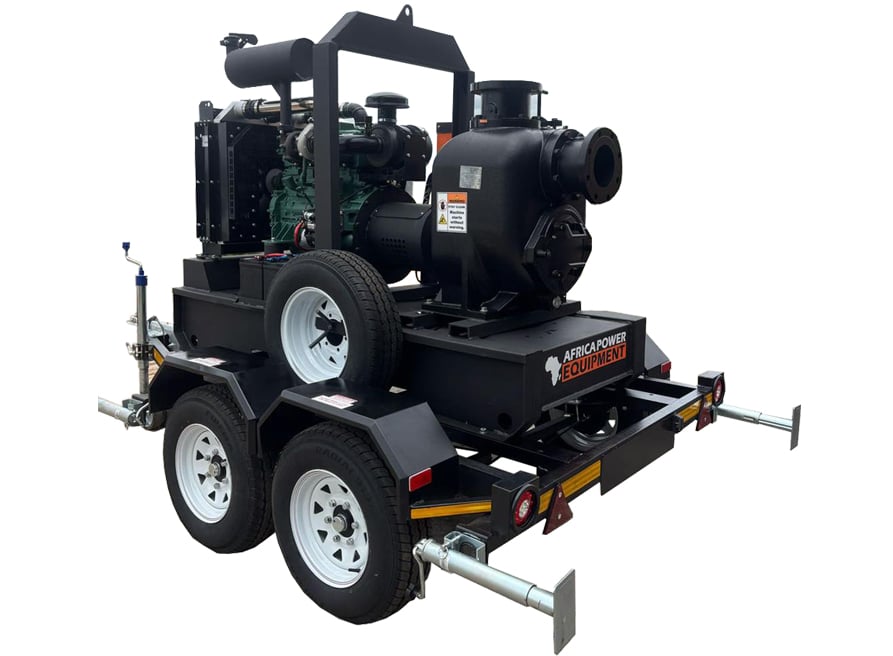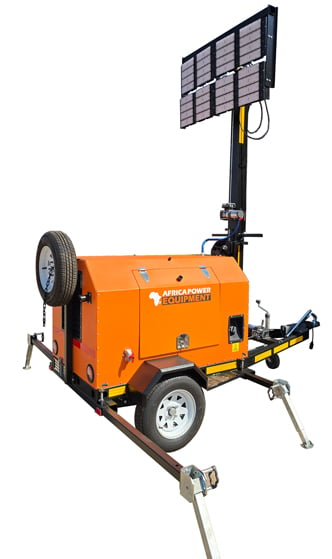Can You Go Fully Off-Grid With Solar Power in South Africa?
As high electricity tariffs and intermittent load shedding continues to disrupt daily life, many South Africans are considering going completely off-grid. The idea of being independent from Eskom and rising electricity prices is appealing—but is it really possible to rely solely on solar energy?
In this article, we’ll explore what going off-grid truly means, what’s required, the costs involved, and whether it’s a viable solution for your home or business in South Africa.
🔋 What Does “Off-Grid” Mean?
Going off-grid means your property is not connected to the national electricity grid (Eskom), and you rely entirely on self-generated power—usually from solar panels, battery storage, and occasionally backup generators.
This setup must power:
-
Lights
-
Appliances
-
Water pumps/geysers
-
Air conditioning/heating
-
Security systems
-
Anything else you depend on
☀️ Is It Possible to Go Off-Grid With Solar Alone?
Yes—but with the right planning and investment.
To be off-grid, your solar system must:
-
Generate enough electricity year-round
-
Store excess energy for use at night or during cloudy days
-
Have redundancy (like a backup generator) for emergencies
🔧 Going off-grid isn’t just about solar panels. You need batteries, inverters, smart control systems, and often backup power sources.
🧮 What Size Solar System Do You Need?
To calculate this, you need to know your daily energy usage in kilowatt-hours (kWh). Here’s a rough guide:
| Household Size | Daily Use (kWh) | Solar Array Needed | Battery Storage |
|---|---|---|---|
| Small Home | 8–12 kWh | 4–6 kW | 10–15 kWh |
| Medium Home | 15–20 kWh | 6–10 kW | 15–25 kWh |
| Large Home | 25–30+ kWh | 10–15 kW | 30–40+ kWh |
In Johannesburg, where you get ~5.5 peak sun hours/day:
-
A 6 kW system can produce ~33 kWh/day
-
This would cover most average homes with efficient appliances
🔋 Battery Backup Is Key
Solar panels only generate electricity when the sun shines. That’s why battery storage is crucial for off-grid living.
Popular options in South Africa:
-
Lithium-ion batteries (like Pylontech, Freedom Won, or BYD)
-
Battery capacity should cover 1–2 days of autonomy
💡 Example: A household using 15 kWh/day needs at least 20–25 kWh of battery storage to survive cloudy periods or load shedding.
💰 What Does It Cost to Go Off-Grid?
| System Type | Estimated Cost (ZAR) |
|---|---|
| 5 kW + 10 kWh battery | R120,000 – R160,000 |
| 10 kW + 20 kWh battery | R200,000 – R280,000 |
| 15 kW + 40 kWh battery | R350,000+ |
Additional costs include:
-
Backup generator (R15,000–R50,000)
-
Installation & compliance
-
Solar geysers or gas water heating
⚠️ Note: These are once-off capital costs. After installation, your monthly energy cost is almost zero.
🔌 What About Backup Generators?
Most off-grid systems include a diesel or petrol generator as emergency backup.
They:
-
Keep your system running during extended cloudy weather
-
Reduce strain on batteries
-
Ensure peace of mind for critical systems (fridges, pumps, security)
Pair your generator with an automatic transfer switch (ATS) for seamless switching.
🌧️ Can You Go Off-Grid During Winter or Cloudy Weather?
Yes—but you’ll need to oversize your system and store more energy:
-
Add 25–50% more solar panels to compensate for lower sunlight
-
Increase battery storage to handle multi-day overcast periods
Locations like the Western Cape require more robust off-grid systems than sunny areas like Northern Cape or Limpopo.
✅ Pros of Going Off-Grid
-
Total freedom from Eskom and load shedding
-
No monthly electricity bills
-
Cleaner, renewable energy source
-
Long-term energy independence
⚠️ Challenges to Consider
-
High upfront costs
-
Need for careful monitoring and maintenance
-
Risk of power shortages if not properly sized
-
Requires a lifestyle shift (energy-conscious behaviour)
🔗 Related Articles
🔚 Conclusion
Going off-grid in South Africa is absolutely achievable—but it requires careful system design, quality components, and realistic expectations.
If you’re serious about energy independence, a professional off-grid solar installation can give you peace of mind and protection from blackouts, load shedding, and rising electricity costs.
Thinking of going off-grid? Get in touch with the experts at PowerEquipment.co.za for a custom system design.





